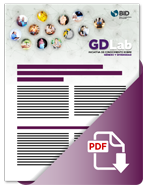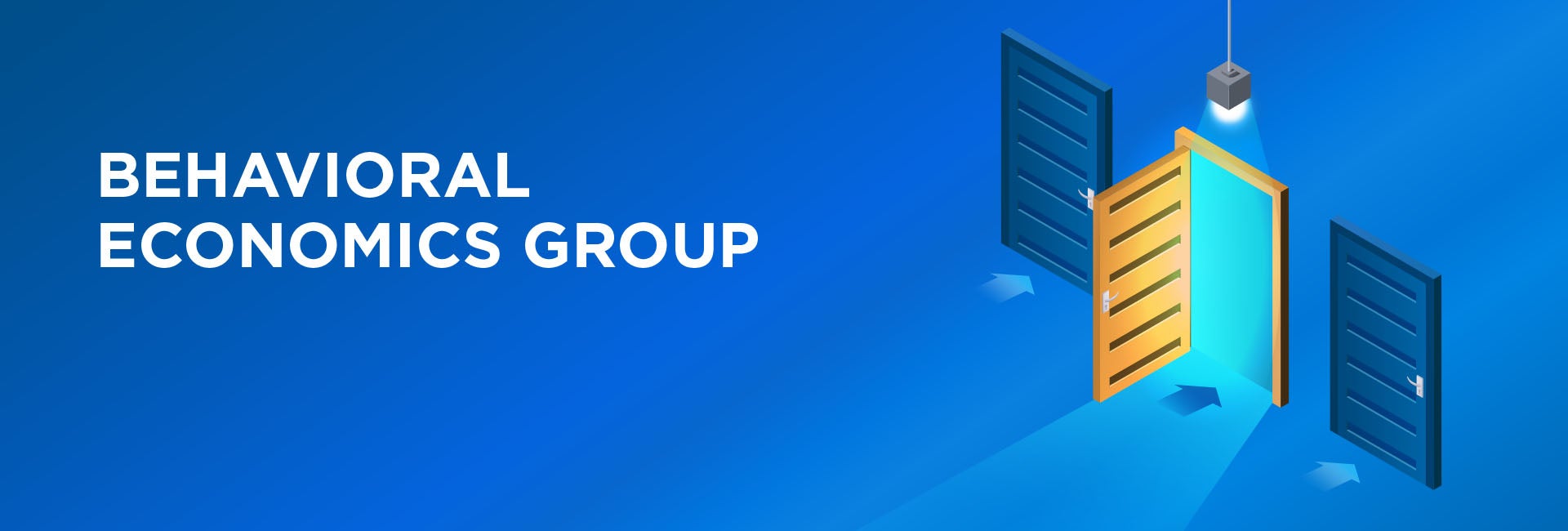Indigenous peoples, African descendant persons, persons with disabilities, and LGBTQ+ persons in Latin America and the Caribbean face significant barriers compared to the rest of the population in terms of accessing quality education and health services. On average, indigenous people and African descendant persons in the region complete less schooling than the rest of the population: among people between the ages of 25 and 64, 60% of African descendants and 72% of indigenous persons have only a secondary school education or lower, compared to 55% for the rest of the population. In terms of health, indigenous women face significant gaps in access to and use of health services. For example, in the indigenous districts of Panama, maternal and neonatal morbidity and mortality are very high compared to the national average. Additionally, the LGBTQ+ persons face significant disadvantages throughout life. For example, 75% of LGBTQ+ students in Colombia face homophobic comments at school, while half of all LGBTQ+ patients in Mexico report that healthcare workers are not trained to meet their needs. At the same time, people with disabilities obtain lower academic outcomes. The average gap of secondary school completion between young people with disabilities and those without it is 13%. Persons with disabilities also face multiple barriers in terms of access to medical services: for example, only 3% of them in the region have access to rehabilitation services. How can we move forward on this agenda? Download the GDLab policy brief by clicking here and use our investigation search tool to learn more.

